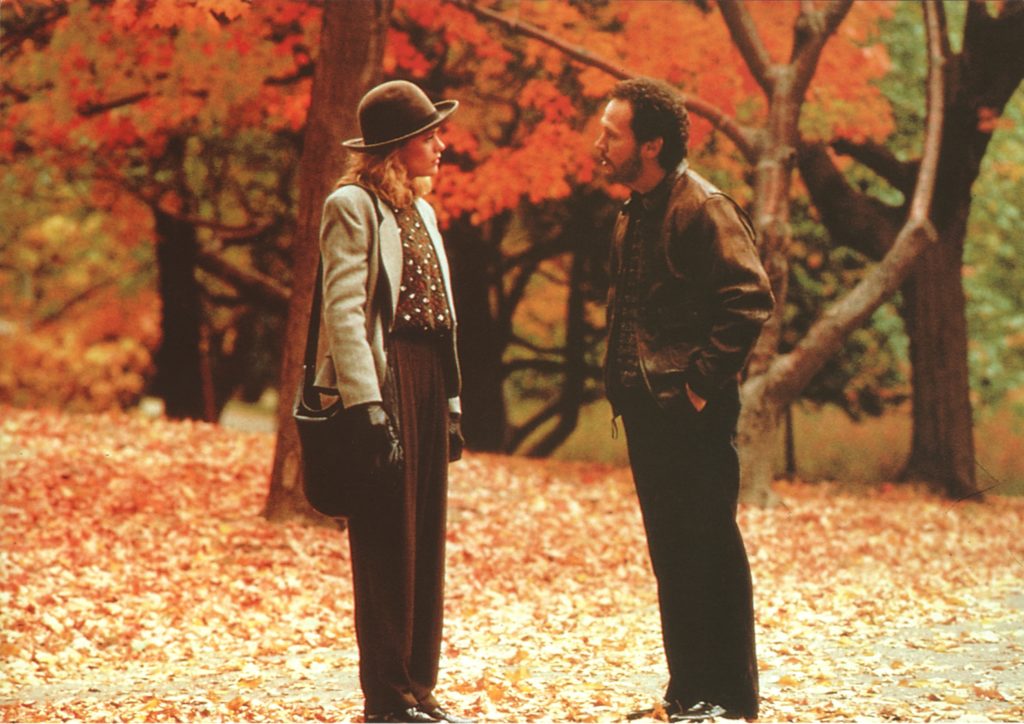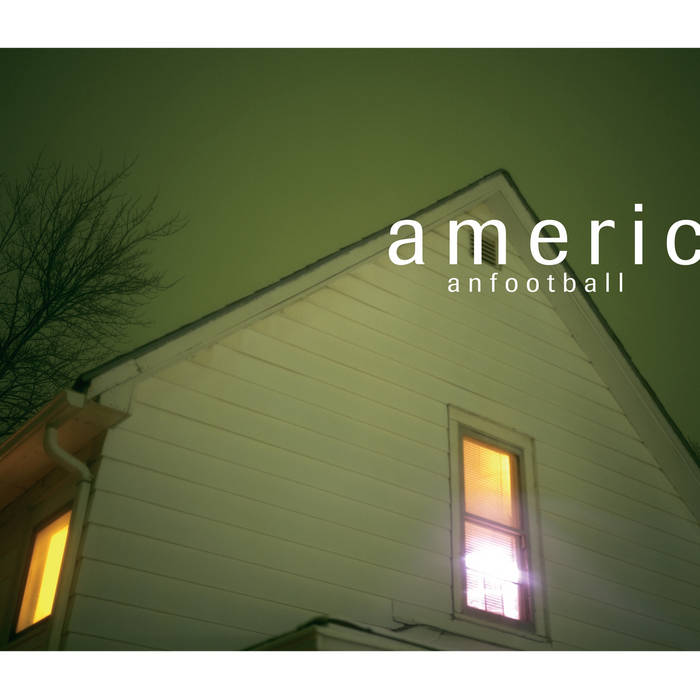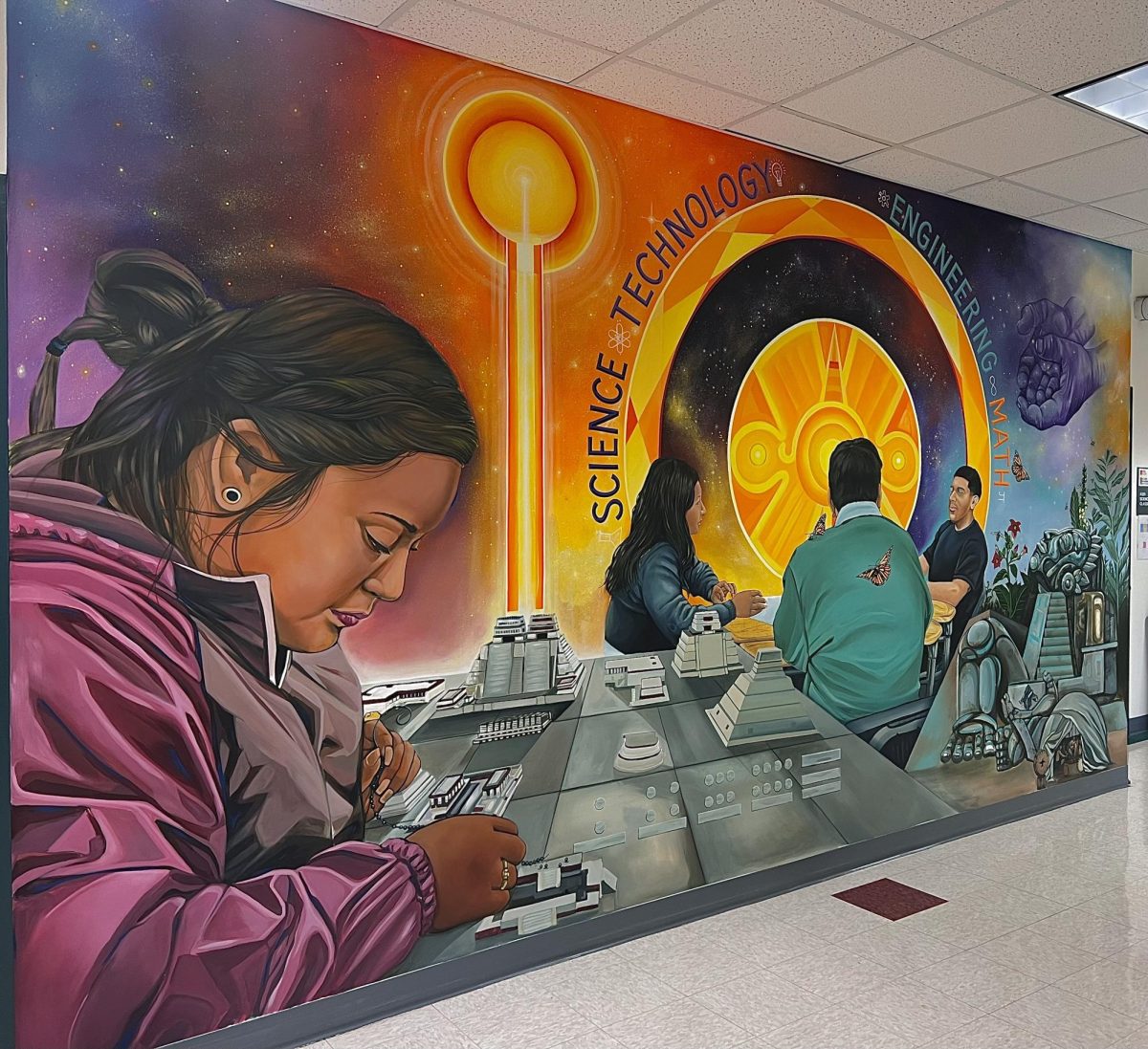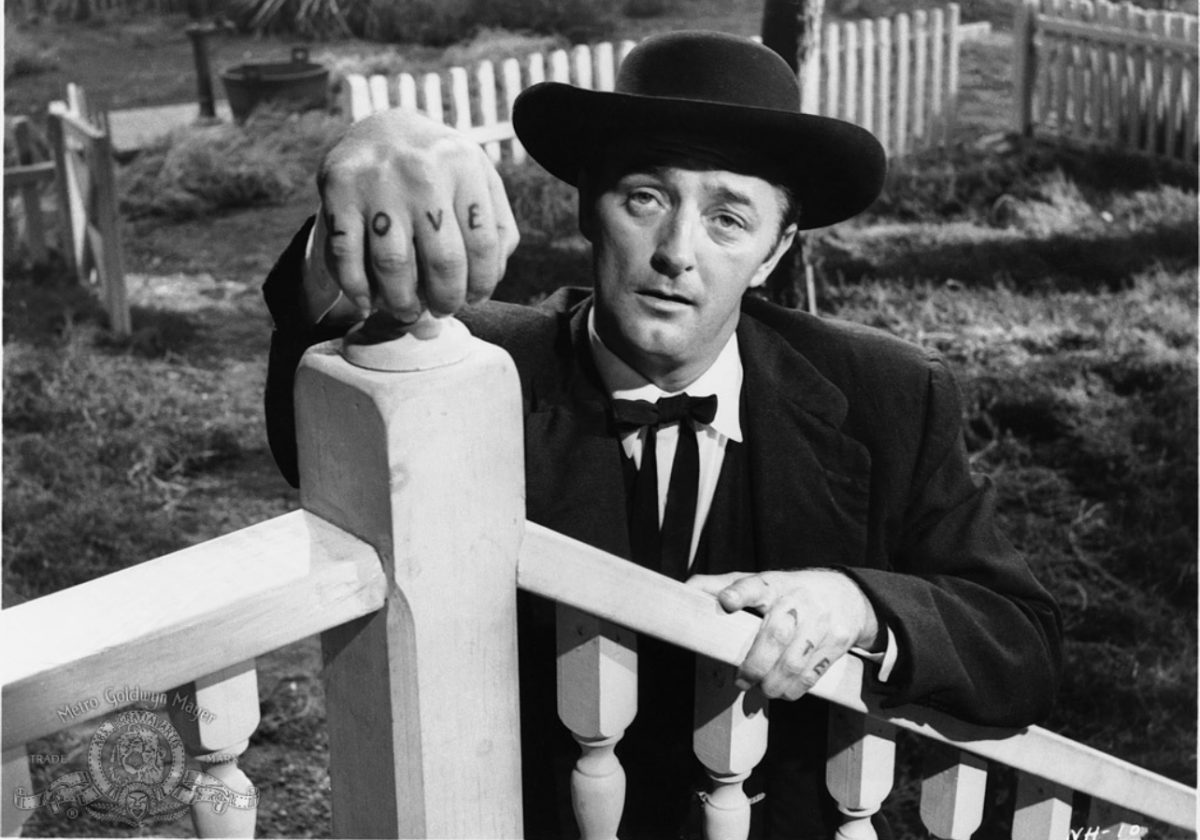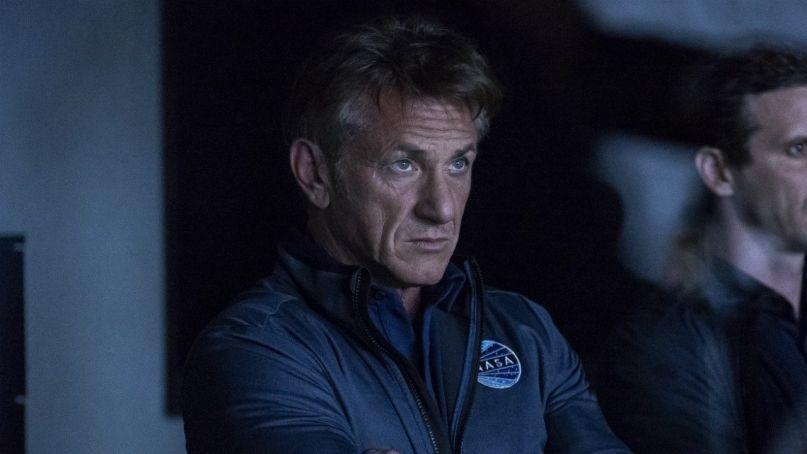A decade after the final season of “The Wire” was released by HBO, its brutal portrayal of Baltimore’s erosion from an affluent centre of industry to a city divided by race, class, and culture remains poignantly resonant. All five seasons are currently available to stream as part of a standard Amazon Prime membership.
Over the course of the show, the human experience of the city’s denizens takes you from the streets to the state house and back again, explaining how all the leaks in the dyke flood the city with corrosive influence. Corruptible law enforcement officials, systemic malfeasance, overwhelmed school systems, the “War On Drugs,” sensationalized news, and the asphyxiation of the working class come together to result in urban decay.

What makes “The Wire” so compelling isn’t what it says, it’s when and how it says it. Characters on the screen always tell you exactly what’s happening and how it affects the world within the show.
Crackheads and cops speak directly on behalf of the writers, spouting observations on Baltimore’s degradation. With each new storyline, we get a progressively fleshed out understanding of how the money flows from the dealers through local industry and public officials.
No one is above reproach and the “heroes” of the show emerge from both sides of the law, often finding themselves in direct opposition. Idealism is weakness in the Baltimore of “The Wire,” and the most jaded characters seem to survive the longest. The wisdom produced by these veterans of the street can be comical at times, often defaulting to the gallows humour common among those living in a war zone.
If you only watch one season, which would be foolish because they are all incredible, make it season five. The final season focuses on the Baltimore Sun, a real-world publication that finds itself at a crossroads during the rise of the internet.

Watching the battles on the newsroom floor between conventional and new era journalists, as well as between editors and executives, reveals how our standards for publication have been highjacked by the need to compete against digital media platforms. In an era where we struggle to trust the authenticity of some news outlets, it’s not uncommon to find yourself second-guessing numerous regional civic crises of the past.
Whether you decide to watch this ground-breaking series for its gritty explanation of the cause of modern urban blight or to root for Omar Little’s crusade against Barksdale’s Boys, make sure to take some time between seasons to reflect on how relevant the themes of the show are.
I have rewatched the entire series three times — that’s 60 hours per watch through — and I am still finding new layers of relevance.
Like the review, hate the review? Let me know what you think. Tweet me @le_orca




